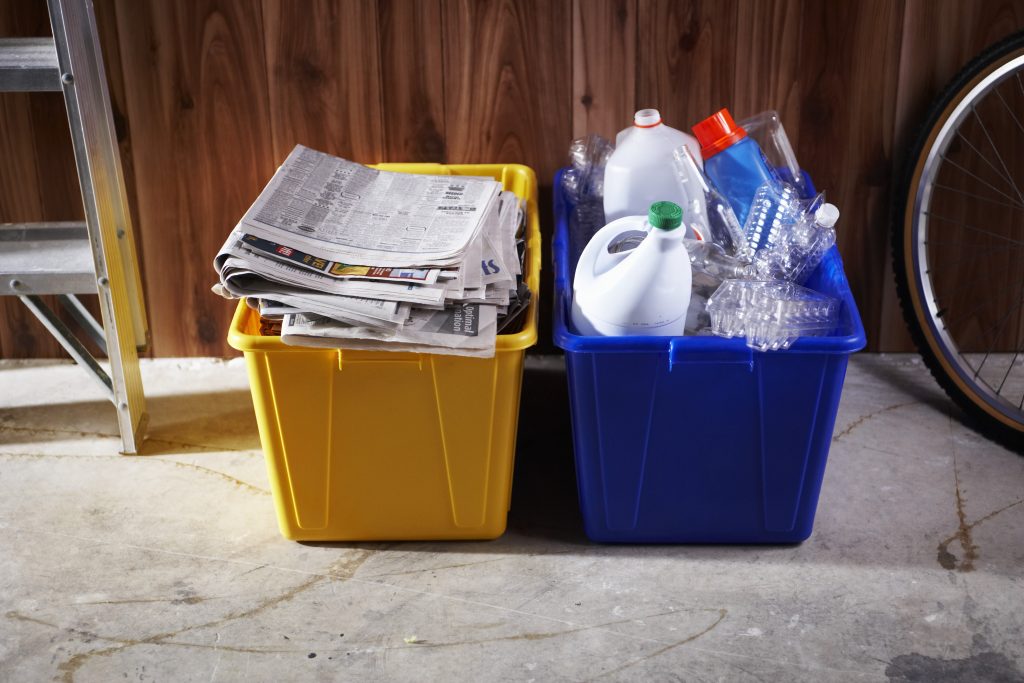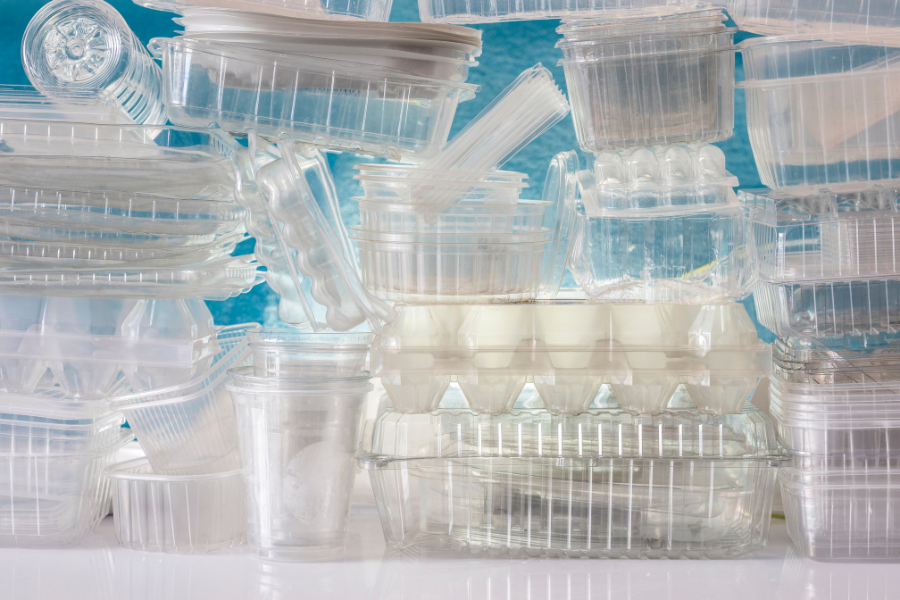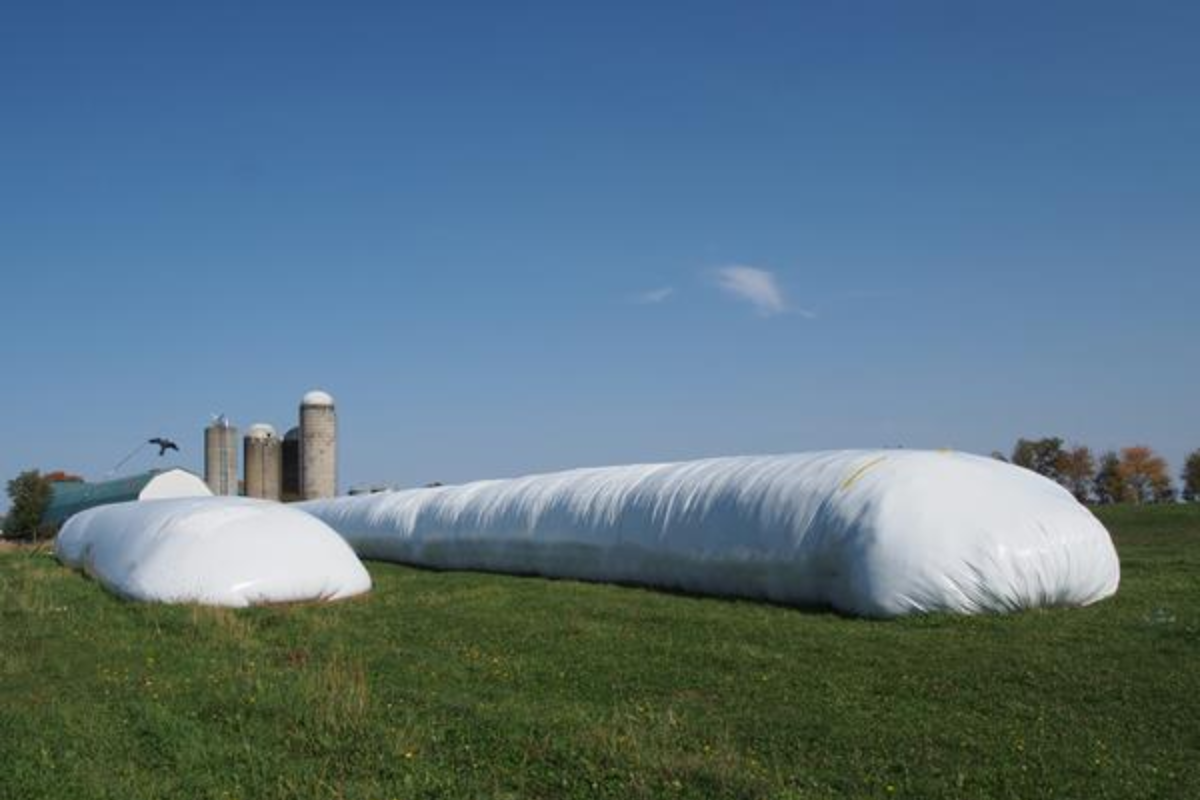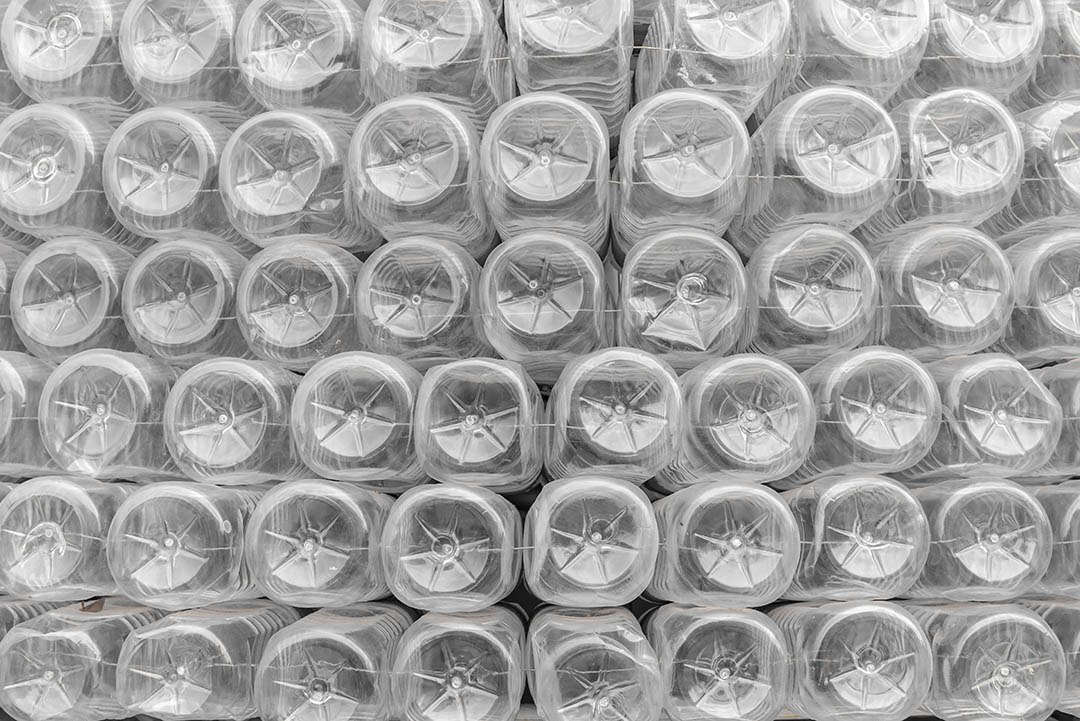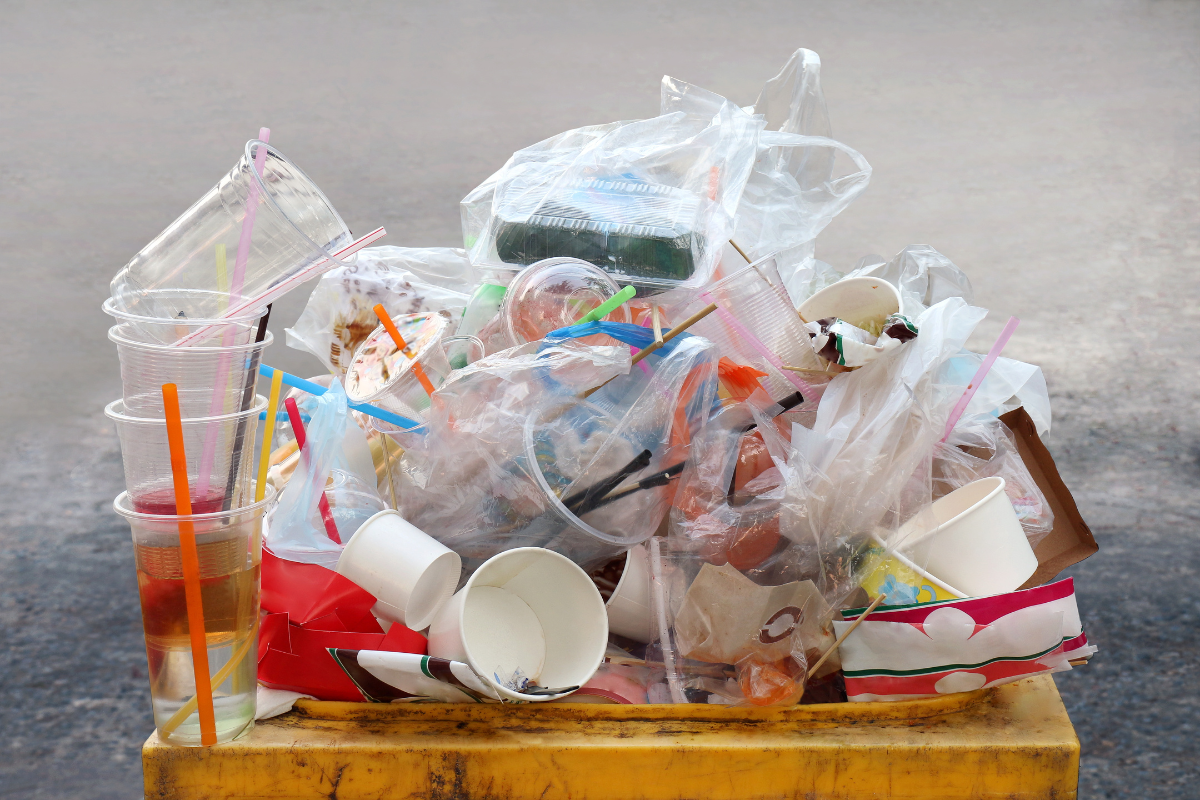
The Senate Committee of Environment & Public Works held a hearing on extended producer responsibility for consumer packaging with speakers from the World Wildlife Fund, S. C. Johnson & Son and AMERIPEN. | DeawSS/Shutterstock
Industry representatives from across the plastic chain – as well as an environmental NGO – all told a federal committee that they think federal extended producer responsibility for packaging is worth considering. Continue Reading




